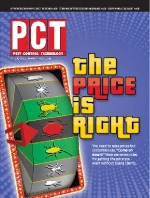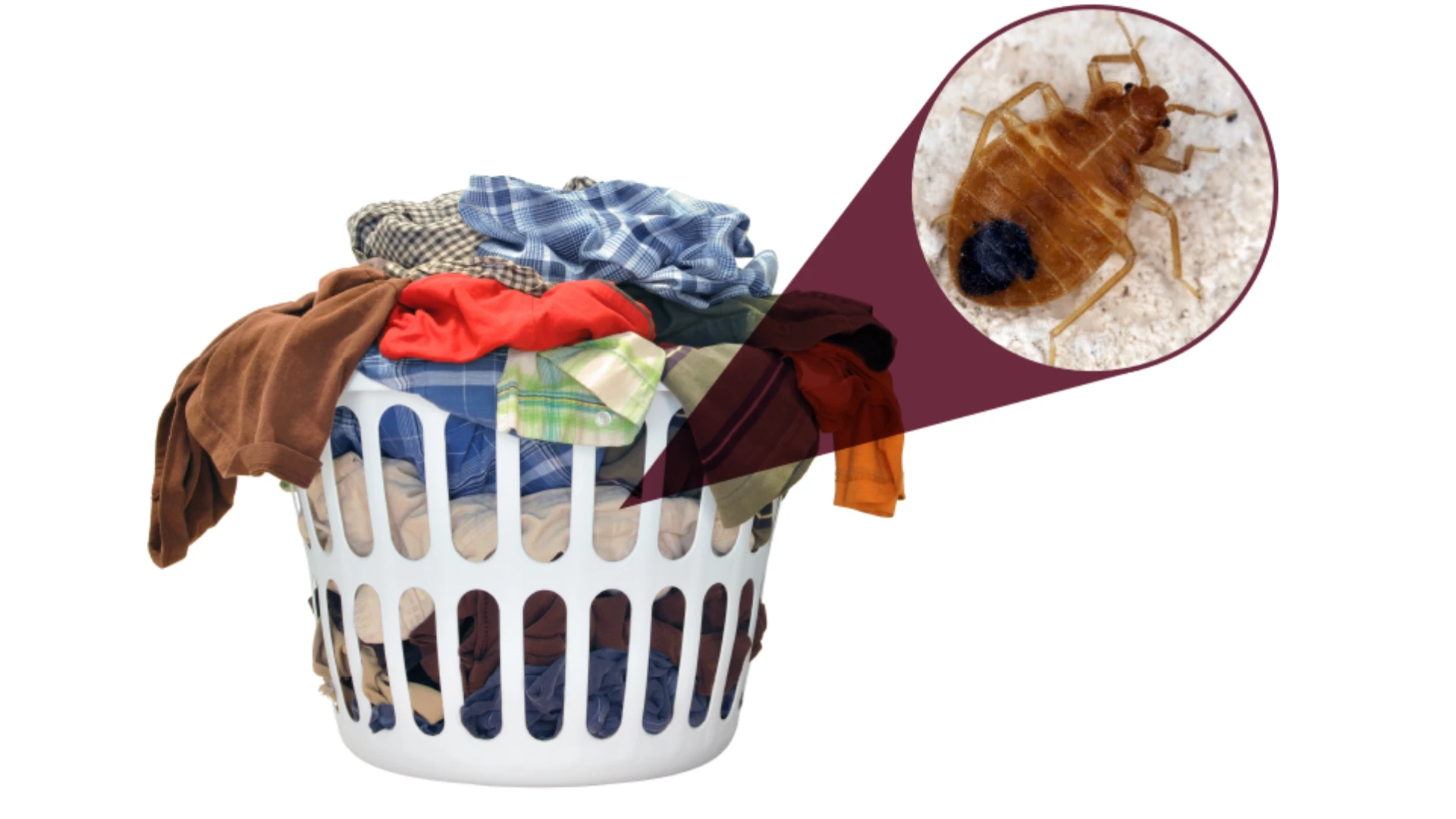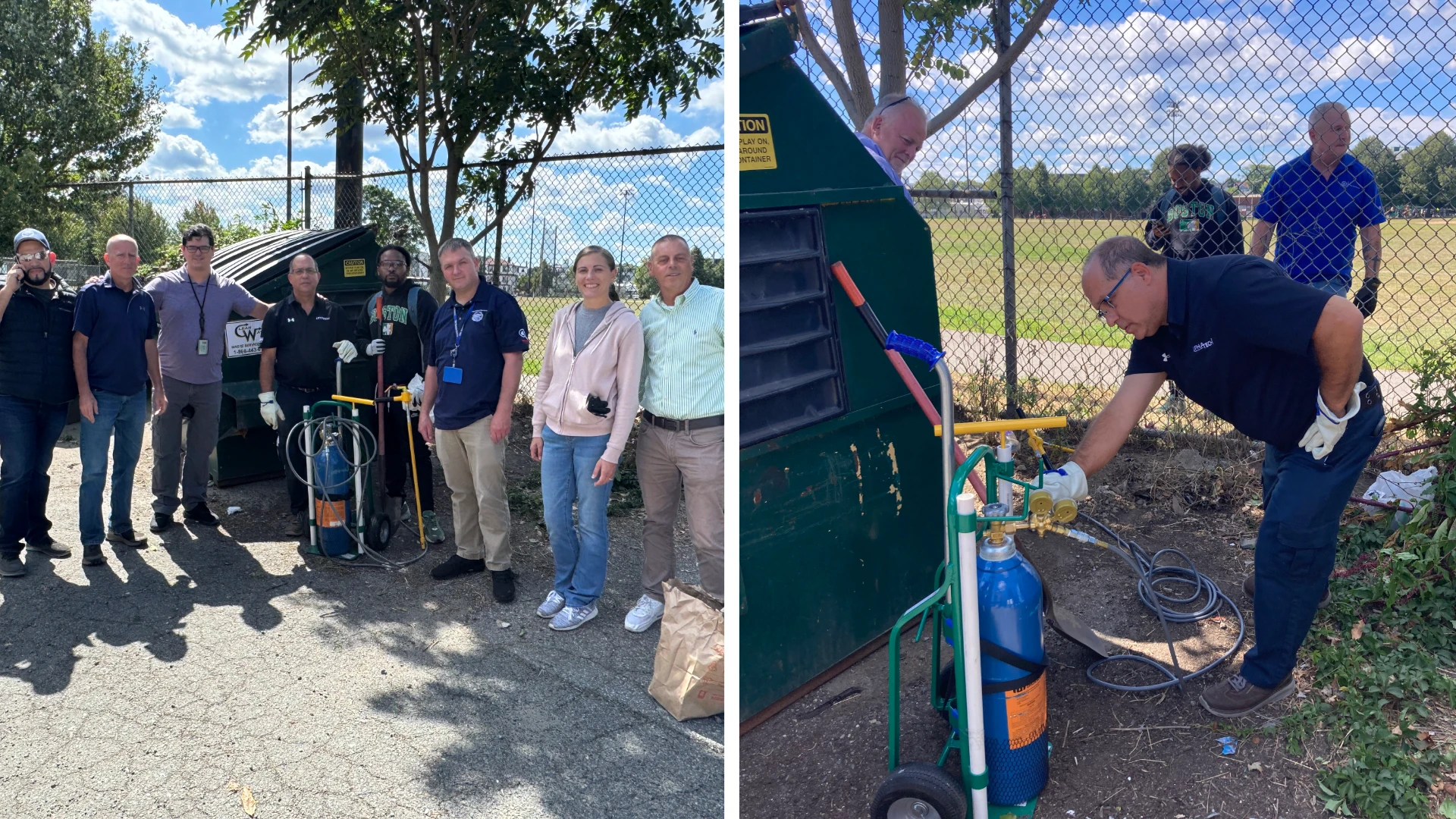 For more than 35 years, Phil "Doc" Nichols has made it a point to share his knowledge with the men and women who he has worked with. In fact, it is how this industry veteran wants to be remembered once he trains his last technician.
For more than 35 years, Phil "Doc" Nichols has made it a point to share his knowledge with the men and women who he has worked with. In fact, it is how this industry veteran wants to be remembered once he trains his last technician.
It shouldn't come as a surprise then, that when Nichols was faced with his own personal adversity he turned it into an opportunity to again share his knowledge and lend support to others.
That is the essence of this strong family man who entered college with the goal of becoming a teacher, and whose classroom ended up being not in a school, but in crawlspaces, attics, kitchens and the passenger seat of a service vehicle.
A Calling to Teach. Born in Tupelo, Miss., Nichols is in some circles the city's second most popular native son, just behind a singer who gained some notoriety named Elvis Presley. Nichols' father was a career Navy man, so the family moved quite a bit during his childhood with stops in Hawaii, New Mexico, Tennessee and finally Florida where he attended junior high and high school.
When it came time to choose a college, Nichols hit the road again, going back home to Mississippi to attend Delta State University, a small teaching college in Cleveland, Miss. Nichols had several family members who attended the school and its curriculum fit nicely with his career goal to become a teacher, and football and track coach.
"I intended on playing football at Delta State but quickly discovered after two weeks that being a 145-pound linebacker was not going to work out," said Nichols. "I changed directions and put my focus on my studies."
With his uncle being the chairman of Delta State's science department, Nichols gravitated toward a class schedule heavy on science courses. He earned both a bachelor's degree in science and a master's in education from the university.
Following graduation Nichols still wanted to pursue teaching and hoped to earn his Ph.D. However, he needed money to fund his pursuit and this is where fate entered the picture. The fate, it turned out, was a research grant in the Entomology Department at Mississippi State University, thus beginning his lifelong bond with pest control.
He earned his doctorate in entomology, with a minor in wildlife management from Mississippi State in 1975, only to find himself looking for a job in the middle of a recession.
"At the time the options for a researcher were to work for the government, a manufacturer or stay in academia," surmised Nichols. "I was a people person and wasn't sure about being confined to a lab."
|
Massey's Answer Man: With Nichols on Duty, the Doctor is in To say "Doc" Nichols is a tinkerer is an understatement. Throughout his career Nichols has always had an interest in finding a better way to get the job done. This natural curiosity and stubborn determination to get it right has led Nichols to make several significant contributions to product and equipment development including:
"Doc's strong research background has been a great asset to our company," said Adam Jones, vice president, director of quality assurance for Massey, who launched the company's research and development operation. "Doc's work in the areas of evaluations, data gathering and analysis help give us an edge and make sure the products we use are safe and do the job." Jones cited Nichols' extensive background and experience, especially in the area of termite control, as being very valuable to Massey when it comes to developing treatment and service protocols. "Doc's experience and willingness to work in the field alongside our technicians has earned him the respect of technicians, not only here at Massey, but throughout his career," said Jones. "He is very practical when he encounters a pest control challenge and asks 'Why is that?' He makes it simple for technicians to understand what needs to be accomplished and how to accomplish it." Michael Howe, president of NPD Products, a manufacturer of pest management and turf application equipment, said Nichols has always been on the leading edge of technology and searching for the next great evolution in pest management treatment strategies. "Doc has always played an important role in keeping the companies he has worked for healthy when it comes to providing the best quality service," said Howe. "He is a great sounding board, always collaborative and willing to share his knowledge. "He is forever the student and has an unquenchable thirst for knowledge. He has a passion and his eyes light up when it comes to learning something new and being able to share that knowledge. He is forever the adventurer." |
His fortunes took a turn for the better one day when on a visit to the university library he picked up a pest control magazine and noticed the job listings. "I wondered, 'Would a pest control company have a need for a scientifically trained entomologist?'" said Nichols.
One of Nichols' professors at Mississippi State had a friend who owned a pest control business in Tampa, Fla. So with a desire to return to the Sunshine State, Nichols set out to the Florida Pest Control Association (today, the Florida Pest Management Association) annual meeting armed with a fistful of resumes and an optimistic attitude.
"I did not know what to expect and I just handed out resumes at the door to whoever was going into the meeting," chuckled Nichols.
One of those who took the resume was Steve Tendrich of Mighty National Exterminators in Miami. Mighty National had 16 branches located throughout the state and offered a full array of pest and lawn care services.
"We did a little of everything — termite, general pest, fumigation, lawn care," said Nichols. "Steve taught me the ropes and let me get involved in all aspects of the operation."
Nichols quickly moved up the ranks, becoming general manager of the firm's Sarasota office in 1976. He was intrigued and challenged by the work. "I thought it was fabulous, being able to take a scientific degree and apply it to controlling and eliminating pests in customers' homes," he said.
Nichols soon found himself wanting more of a challenge and he left Mighty National for Truly Nolen. It was there where he met one of his most significant professional influences, Chuck Steinmetz, who was a regional manager at the time.
Nichols managed Truly Nolen's Orlando branch, continuing to learn his trade, but he could not quench the desire to start a business of his own. This led to him to partner with several fellow entrepreneurs on Lawn Master, a lawn care service company which also offered pest control services. The company launched in 1978 and serviced the Daytona Beach area.
"I discovered entrepreneurship is not for everyone," said Nichols. "We made a go of it but struggled and I eventually sold my share to the other partners in 1990 and set out on a new course."
The course led him to reconnect with former Truly Nolen colleague Steinmetz, who by that time had ventured out on his own with Sears Authorized Termite & Pest Control and was introducing the unheard of "once-a-year pest control" service to customers in a state where pests are almost as numerous as the tourists.
A Novel Idea. The once-a-year service concept promoted by Sears was met with more than a few puzzled looks from industry observers. Many thought it was highly unlikely insects in such a pest-rich environment as Florida could be effectively controlled with just one visit annually.
Nichols relationship with Steinmetz led to his joining Sears to develop protocols to deliver the concept. "Chuck had a good ability to read a person's talents and he thought I would fit well into a technical role as he was rolling out the once-a-year service program," recalled Nichols.
Nichols remembers being laughed at when fellow pest management professionals heard about the concept, but said over time he and his team were able to design a successful program that delivered.
"Our callback ratio was extremely low — about 1.9 extra service calls per customer per year," said Nichols. "We looked at the general process of how pest control was being done and made changes."
Nichols said the approach targeted pest harborage areas, and technicians worked hard to eliminate pests at the source before they entered a customer's home or business. They also placed emphasis on integrated pest management strategies, not just spraying baseboards.
"We started using baits and dusts to treat harborage areas, but at the time the product choices were limited," observed Nichols.
With the success and rapid growth of Sears in the marketplace, Nichols was able to persuade manufacturers to work with the company on finding solutions and making product improvements.
"We looked at a new technology or application technique and wanted to find a better way to do the job," remarked Nichols. "Instead of just coming in and saying, 'Here is a new product, use it,' the manufacturers finally asked what could they do to help us do the job better."
He said Sears field-tested dozens of products to see if they would fit into the company's service protocols. As such they were able to contribute to the redesign of several products, particularly bait gun technology.
Nichols continued on at Sears until the company was sold in 2000 and then he transitioned to Middleton Lawn & Pest Control, another Steinmetz-owned company in Orlando.
During his tenure at Middleton, Nichols wrote the company's training and service protocols and continued to teach a new crop of technicians how to get the job done the right way, keeping the customer in mind.
"I enjoy all aspects of training and being a mentor," said Nichols. "I like to help people reach their potential, and watching them get results is rewarding."
Today, Nichols again is developing protocols and training a new generation of technicians under Massey's CEO, Harvey L. Massey. The company acquired Middleton Lawn & Pest Control in December of 2009 and is now the fifth largest pest prevention company in the United States.
When asked what Nichols looks for in a good technician, the first two things he mentions are personal appearance and the condition of their service vehicle and equipment. "It tells me they pay attention to detail," explained Nichols.
He also mentioned how important communication skills have become for frontline service personnel, and he stresses this assertion in his training. "Customers are looking for expertise in the individual who is servicing their home or business," said Nichols. "They want to have confidence in the person to prevent and control pest problems, and this is why our training is so important."
Long-time friend and colleague Ray Meyers of RJM Contracting in Lake Mary, Fla., who first met Nichols when both worked in Truly Nolen's Orlando branch, describes Nichols as the most unselfish person he knows and says his work with technicians reflects it. "No matter what time it is or what he is doing, Doc is always available and helpful," said Meyers. "He is so grounded when it comes to approaching a pest situation, and he knows exactly what needs to be done."
When asked what drives Nichols to always seek a better solution, Meyers said Nichols is very customer-oriented and takes it personally when he or one of his technicians can't get the job done.
"He goes about his business in a quiet way but he is a true leader," said Meyers. "His demeanor makes technicians and those who work with him want to do well, and he genuinely wants to see them succeed as well."
His Biggest Challenge. In 2007 Nichols noticed a swollen gland in his neck. His inquisitive nature told him to find out the cause, and Nichols soon learned it was cancer.
His uncle, a doctor at the University of Florida's College of Medicine, was able to connect Nichols with one of the leading specialists in the country and they started on an aggressive treatment regimen.
"I had a month straight of radiation treatments, followed by eight weeks of chemotherapy," recalled Nichols. "That was followed by two operations; one to remove the cancer and one to remove my tonsils."
The time Nichols spent receiving treatment left him with a new appreciation for the important role family plays in the recovery process.
"Family is Number One, and I was blessed with a lot of support," said Nichols. "The influence family has in the treatment and recovery process is very important."
Nichols' type of cancer has a 90-percent reoccurrence rate in the first 12 months, and he passed the mark and is now in remission.
And while his personal battle took a lot of his energy, he now finds time to do what he does best — share his experiences and knowledge with others. Nichols volunteers with the American Cancer Society and the University of Florida as a resource to other cancer patients going through what he went through for the first time.
"You have to have a positive outlook because it is tough," said Nichols. "There are ups and downs. It is a roller-coaster at times and you don't realize what you are in store for unless you have been through it. I let them know what to expect and make sure they have a strong family around them."
And while his fight with cancer certainly provided its share of peaks and valleys, Nichols tapped into his strong will to keep moving. Michael Howe, president of NPD Products and a long-time collaborator of Nichols', recalled a day during his colleague's treatment when the two were scheduled to test equipment in a brutally hot Florida parking lot. Nichols didn't miss a beat.
"I could see he was drained since he came straight from a treatment," said Howe. "But once we started I could see his spirits rise and there was no way he wasn't going to be part of it. He was determined to be there."
Nichols is ever the teacher, ever the man willing to share his knowledge with others. Whether it is a technician learning his or her first route or a father or grandfather taking on the difficult task of beating cancer, he is there for them every step of the way.

Explore the October 2011 Issue
Check out more from this issue and find your next story to read.
Latest from Pest Control Technology
- Rentokil Terminix Expanded in Key Markets with 2024 Acquisitions
- In Memoriam: Joe Cavender
- Certus Acquires Green Wave Pest Solutions
- Liphatech Adds Alex Blahnik to Technical Team
- Do the Right Sting: Stinging Insect Identification, Management, and Safety
- VAGA's 8th Annual Veterans Thanksgiving Appreciation Dinner
- Clark's Blair Smith on the Response to Increased Dengue Fever Cases in Southern California
- WSDA, USDA Announce Eradication of Northern Giant Hornet from U.S.





